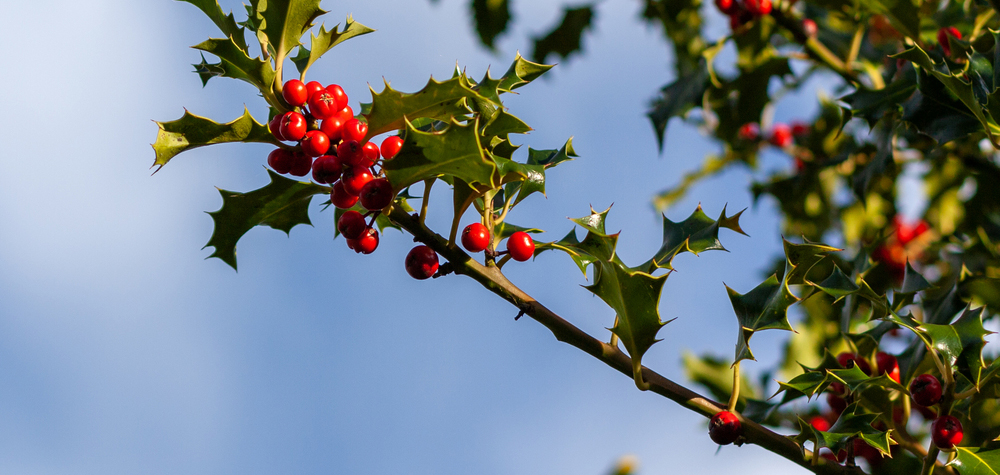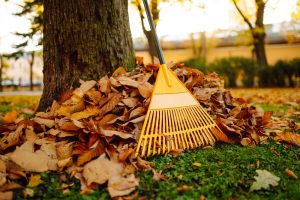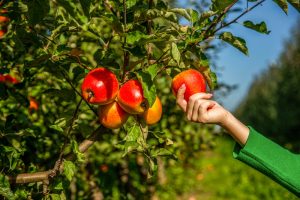As frost rolls in and noses turn red there’s no denying that winter will soon be in full swing. With temperature dropping and trees losing their leaves, many are seeking to invest in festive-themed houseplants to bring some vibrance back, with the past week alone seeing a 5900% increase in Google searches around the globe for winter houseplants during these chilly months of the year. With so many beautiful plants, you’re spoilt for choice.
However, surveys have shown that 10% of pets have fallen ill after eating foliage in the home, with 43% of those needing urgent veterinary care. Experts at Clear It Waste have compiled a list of popular toxic plants that are favourites around this time of year to ensure everybody is staying as safe as possible.
- Holly
Holly is an all year classic but because of its evergreen nature and vibrant red berries, holly has become a firm favourite of the colder months. Whilst the leaves are pointy, and can cause small damage, the real danger with holly is the red berries.
The berries contain a chemical called Theobromine, the same chemical compound found in chocolate, which is highly toxic for dogs and cats. It often causes vomiting, diarrhoea, high blood pressure and in severe cases, even death.
Holly leaves also contain Theobromine, though in a much smaller dose, consumption is still strongly discouraged. Holly, whilst beautiful, is definitely one to be wary of this winter.
- Yew
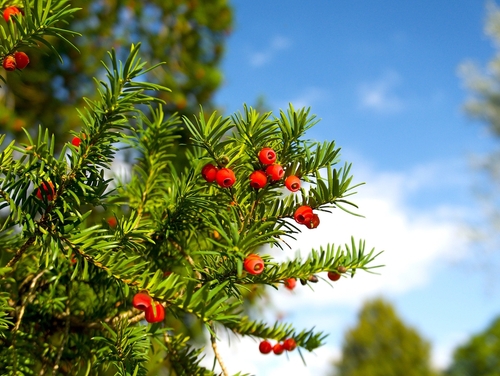
Yews come in several different sizes, with unique light green needles, brown cones and red berries; you can often find these trees surrounding cemeteries. Legend says the reason yews are found there is because they are so poisonous! They were believed to keep livestock out, to maintain the grass and plants within the area.
Yew is one of the scarier trees, and with good reason. A chemical called taxines is found in the berries, cones and even the needles of yews, and is extremely poisonous to humans and pets alike.
In animals, yew poisoning often presents symptoms like diarrhoea, vomiting, trembling and convulsions – which are also seen in human yew poisoning with severe cases potentially leading to comas. As stunning as yews are, they definitely are not worth the risk.
- Winter Cherry
The Jerusalem Cherry, or Winter Cherry, produces orange-red berries which often make an appearance in winter festivities. Whilst their shiny berry and bright colours may look enticing, it is incredibly poisonous to both humans and animals.
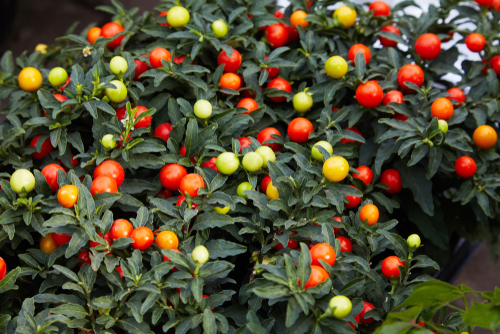
Winter Cherries sometimes get confused for cherry tomatoes, due to their similar shape and colour making them a dangerous addition to a table spread this winter. The poison in the cherry is called solanocapsine, and is found in highest doses in unripe fruit and the leaves of the plant.
Some of the side effects of ingesting a winter cherry include headache, abdominal pain, vomiting and diarrhoea. The actual amount of toxin that is ‘safe’ to ingest is still up for debate, so the general advice is to keep them out of reach of animals and children – or better yet avoid having them in your home altogether
- Christmas Trees
Whilst Christmas is a long way off, it’s not abnormal for people to start putting their orders in for food and decorations to celebrate. Many are aware that dogs and cats should not eat pine needles due to the pointy ends.
The sharp needles can get stuck in the mouth, paws or even eyes! And that’s before your furry friend has managed to swallow one. If swallowed it can cause a blockage or puncture their stomach, resulting in a vets trip and a not very festive experience.
Live Christmas trees can also pose another danger to pets. The fertiliser used to keep a tree alive in the home throughoutDecember is incredibly dangerous to animals. Ingesting it inadvertently can lead to symptoms such as vomiting and diarrhoea.
- Poinsettia
A popular addition to many Christmas displays, the alluring red hues and elegantly shaped leaves of the Poinsettia make the flower hard to resist, so what is the real risk of it?

Poinsettia has a reputation for being extremely poisonous for animals and humans if ingested. However, researchers are now suggesting that the plant has low levels of poison, if any at all. The sap of the plant has also been shown to produce a mild reaction when in contact with skin.
That being said, Clear It Waste still suggests keeping this beauty away from pets and children as ingesting high volumes of it could still produce nausea and vomiting. But in general, this is one plant considered safe for your festivities!

